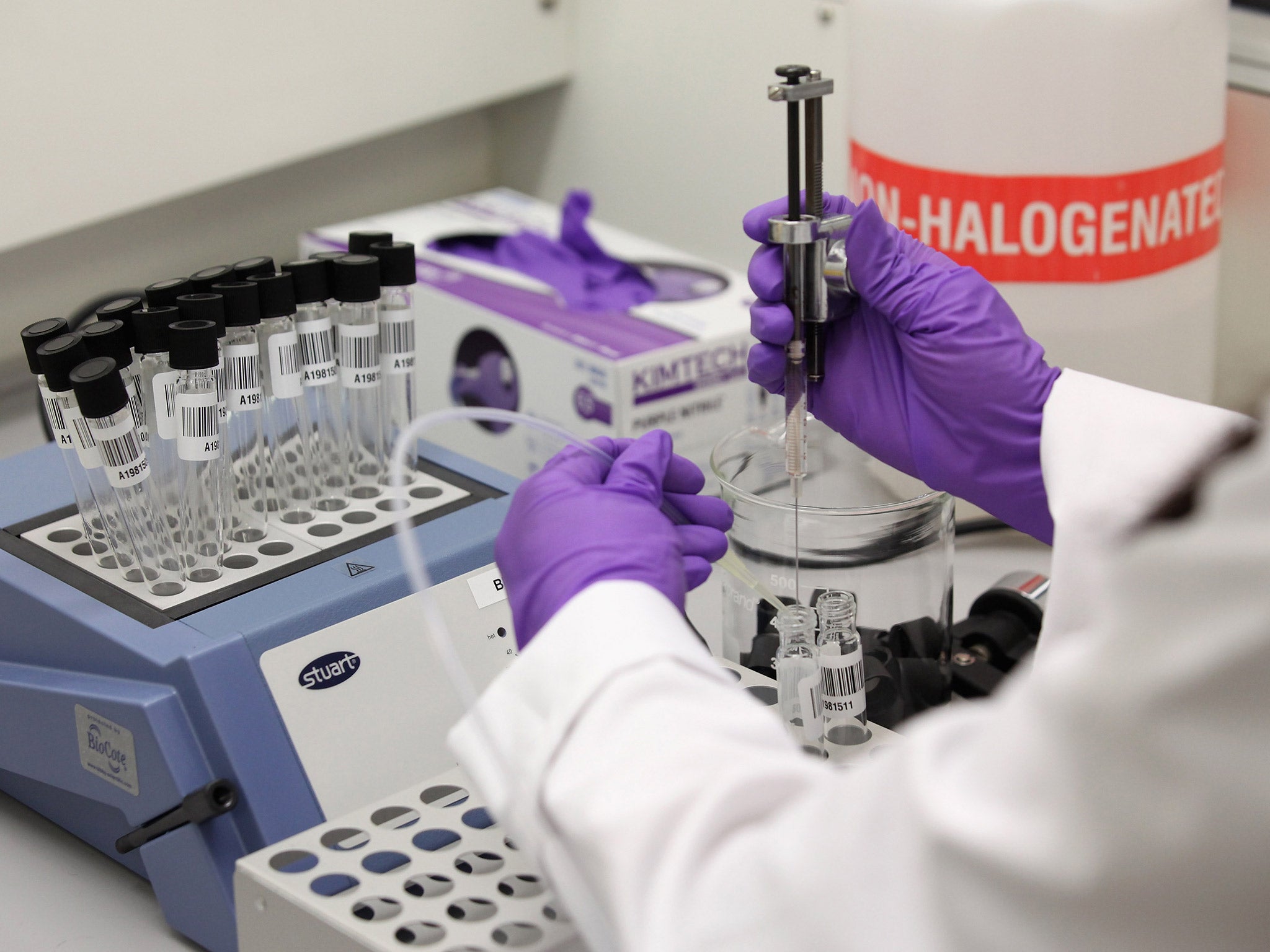IAAF suspends 28 athletes over historical doping
Move comes after re-testing of athletes at the 2005 and 2007 World Championships in Helsinki and Osaka

The IAAF has opened disciplinary procedures against 28 athletes for doping breaches from the 2005 and 2007 World Championships.
The majority of the athletes have since retired and none will be in action at the World Championships in Beijing later this month but those still active have been provisionally suspended with immediate effect.
It means that Justin Gatlin, a double sprint world champion in 2005 who was banned from the sport for a second time the following year after a positive test for testosterone, is not among the 28 athletes in question.
It is also believed that none of them are British but the disciplinary process could lead to Britons being allocated medals should they be redistributed in the ensuing fall-out.
Those athletes facing sanctions have not been named for legal reasons, although it is thought their names could be released by the end of the week.
The IAAF denied it was the latest chapter in its aggressive approach in the wake of the doping reports published in The Sunday Times and on German television, with the laborious process of retesting thousands of frozen samples having been started in April. In a statement, it said: “The reanalysis of these samples has been ongoing for some time and was commenced well before the most recent allegations made against the IAAF by the ARD and The Sunday Times.
“The findings reconfirm yet again the commitment of the IAAF to target and uncover all cheating in the sport no matter how long it takes.”
The samples from the 2005 Worlds in Helsinki where Paula Radcliffe was Britain’s sole gold medallist – in the marathon – had already been reanalysed back in 2012 having been stored at the Swiss Laboratory for Doping Analyses in Lausanne.
But after the World Anti-Doping Agency increased its statute of limitations to 10 years for testing, the samples were reinvestigated using the latest testing methods.
Previously six athletes had produced adverse findings but the latest testing procedures have thrown up a further 28 athletes with 32 adverse findings between them.
The potential uncovering of drug cheats 10 years after the event led Britain’s Lynsey Sharp, who was upgraded to 2012 European 800m champion following abnormalities in Yelena Arzhakova’s blood passport, to tweet: “So in 2025 will we be saying the same thing about this World Champs? Too little too late.”
The six previous violations mentioned by the IAAF involved Russia’s Tatyana Kotova and Olga Kuzenkova as well as a quartet from Belarus, Andrei Mikhnevich, Ivan Tsikhan, Vadim Devyatovskiy and Nadzeya Ostapchuk, all banned two years ago.
Subscribe to Independent Premium to bookmark this article
Want to bookmark your favourite articles and stories to read or reference later? Start your Independent Premium subscription today.

Join our commenting forum
Join thought-provoking conversations, follow other Independent readers and see their replies